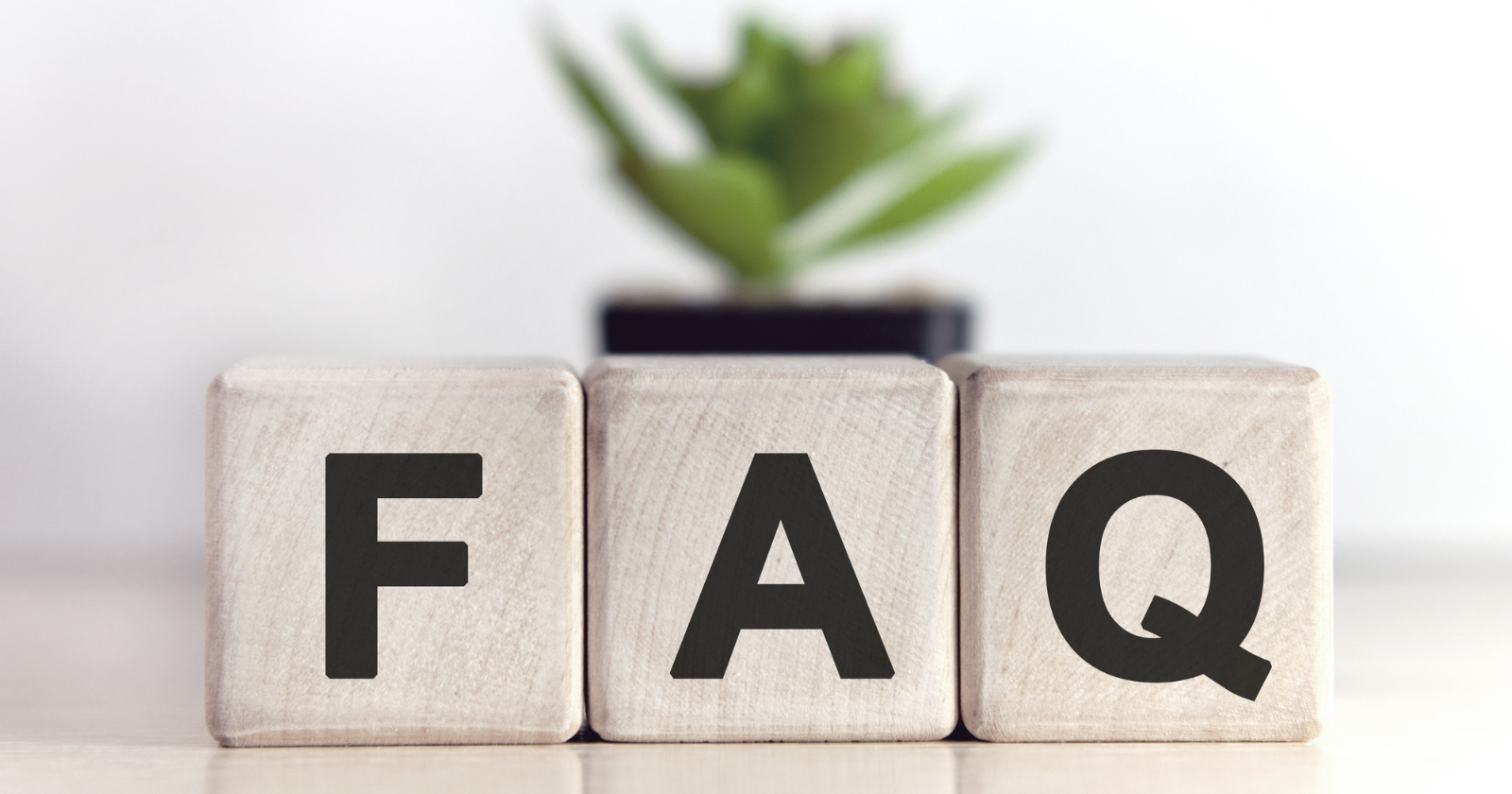Frequently Asked Questions
What is a peer?
In behavioral health, a peer is usually used to refer to someone who shares the experience of living with a trauma, mental health, or substance use disorder. In that narrow context two people living with those conditions are peers, but in reality, most people are far more specific about whom they would rely on for peer support. Trust and compatibility are extremely crucial factors. (MHAV)
What is Peer Support?
Peer support is the “process of giving and receiving encouragement and assistance to achieve long-term recovery.” Peer supporters “offer emotional support, share knowledge, teach skills, provide practical assistance, and connect people with resources, opportunities, communities of support, and other people” (Mead, 2003; Solomon, 2004). In behavioral health, peers offer their unique lived experience with mental health conditions to provide support focused on advocacy, education, mentoring, and motivation.
Peers go by many names and can work in many different settings. Many peers have additional training and certification that demonstrates their skills and knowledge. Combined with their lived experience and ability to engage and connect with consumers, peer supporters are a dynamic and growing group that continue to transform lives and systems. (MHAV)
Peer support is a voluntary, community-based recovery service for self-identifying individuals struggling with mental illness and/or substance use. Peer support services utilize the shared experience of certified professionals to promote recovery, self-determination, self-advocacy, well-being, and independence. (Thrive)
How is Peer Support different from therapy?
Peer support is more self-directed and working with a Peer Recovery Specialist is a more horizontal relationship.
Do you work with people who do not have insurance?
You do not have to have insurance to receive Robin’s Hope services. Robin’s Hope groups are free, and we do not ask for any insurance information to attend groups. Our donation-based counseling will work with those who have insurance and those without it.
Do you do any work to help the homeless?
We have participants who attend groups who are homeless, and we may help refer to resources that specifically work with that population but none of our services are specific to those managing homelessness.
Are your services bilingual (Spanish)?
We have in the past offered Spanish speaking groups however we do not currently have any facilitators offering groups in languages other than English. That is something we are actively pursuing.
How do I get set up with individual peer support?
Reach out to MichaelJD@robinshope.org and they will look into PRS availability and connect you with a PRS if there is one available. Keep in mind that individual peer support is based on availability, and we can only offer individual peer support to those in the state of Virginia.
What is donation based therapy?
Donation based counseling is counseling in which services are provided in exchange for a donation of whatever level you can give. This allows those that do not have insurance or cannot afford their deductible to still be able to receive the help they need. Services are provided in person or virtually.
What if I want to volunteer?
There are many ways for you to volunteer with Robin’s Hope from group facilitation, to event support. Check out this list for options or email Tracyg@robinshope.org
How do I facilitate a Robin’s Hope group?
All facilitators go through an onboarding process – check out our 10 tips for Running Groups at Robin’s Hope document on what is needed to start that process!


